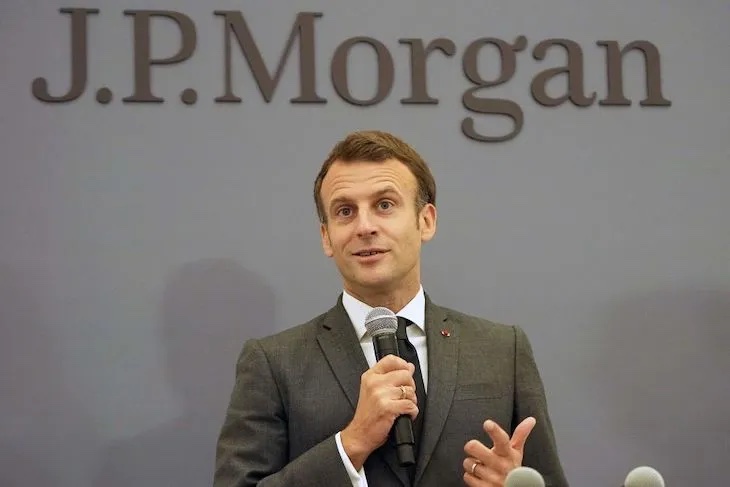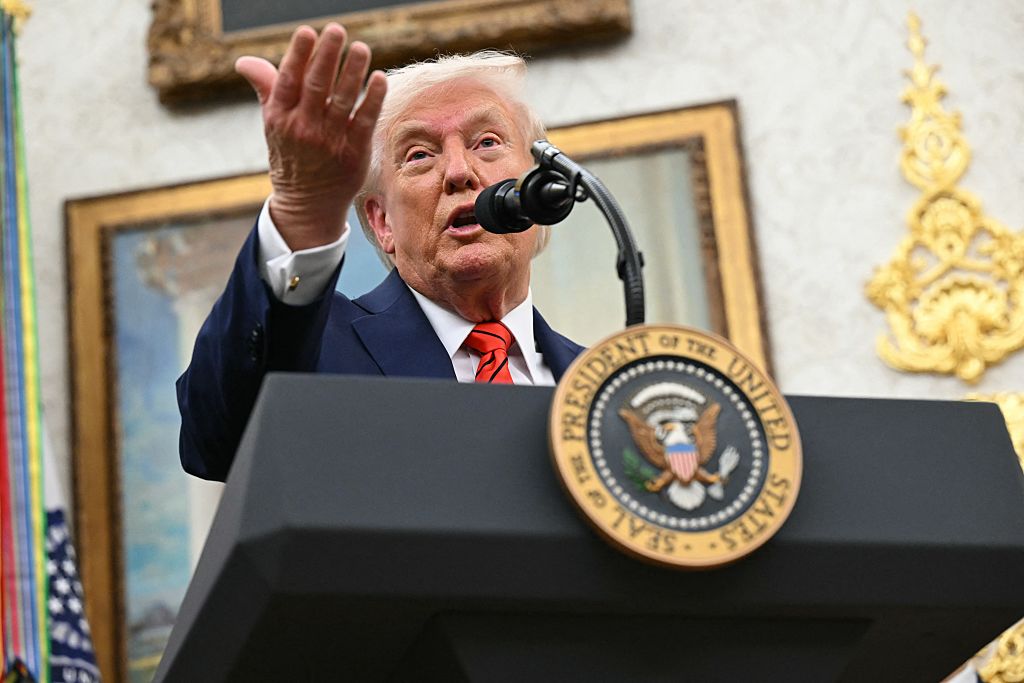In the wake of the UK’s departure from the European Union, French president Emmanuel Macron made a big effort to woo London’s bankers and hedge fund managers across the Channel. Macron wanted to use Brexit as an opportunity to turn Paris into the key hub for European finance. Trust me, he told Britain’s bankers: I’m one of you and will look after you. Those who did make the move may now be regretting their decision.
France’s prime minister Michel Barnier is pushing through a tough budget after discovering a “black hole” in the finances that might even make our Chancellor Rachel Reeves feel queasy. The country’s budget deficit could top 6 percent of economic output this year. To plug the gap, Barnier is intending to hit the country’s largest companies with a hike in corporation tax. Households earning more than €500,000 euros are also going to be targeted. Barnier said the measures could raise about €2 billion.
But while the measures will raise money in the short term, France’s credibility as a welcoming place for top earners is on the line.
“This is extremely damaging for Paris’s attractiveness,” an executive from one US bank based in Paris told Les Echos. “It raises many questions in the United States, and the subject is being watched very carefully.”
That anonymous banker isn’t alone. Macron is reported to have attempted to reassure Wall Street’s top executives about the mooted tax hikes. But money talks — and high-earners considering coming to France are likely to hear of the plans and have second thoughts about making the move.
“France is returning to its image of fiscal instability: everyone knows that exceptional measures are here to stay,” another executive told the French newspaper.
It can, of course, be hard to feel sorry for those earning six-figure salaries. But bankers who ask why they should have to pay for France’s early retirement age — and, indeed, one of the most generous welfare systems in the developed world — do have a point.
This latest uncertainty marks a sea change from when Macron rolled out the red carpet to bankers in 2016. In the aftermath of Brexit, many of the world’s major banks decided that Paris might be a better bet than London. JP Morgan set up a trading hub in the city in 2021, with Macron himself opening the new building; as recently as April this year, Goldman Sachs moved its top European banker, Dirk Lievens, from London to the French capital. Many of the smaller banks and asset managers followed those leads, turning Paris into the front-runner to replace London as the key finance centre for the continent, with all the well-paid jobs and lucrative tax revenues that this would generate. Will top bankers like Lievens want to stay put in Paris now? It seems doubtful.
The final details of Barnier’s emergency budget have not yet been finalized, and his government is so precarious it may fall before any legislation can be passed. Even so, the damage has already been done. The world’s major banks naively trusted Macron that he would have their backs, and that they would be protected from the worst excesses of the French tax and legal system. They fear that they have been betrayed by Paris.
This article was originally published on The Spectator’s UK website.


























Leave a Reply